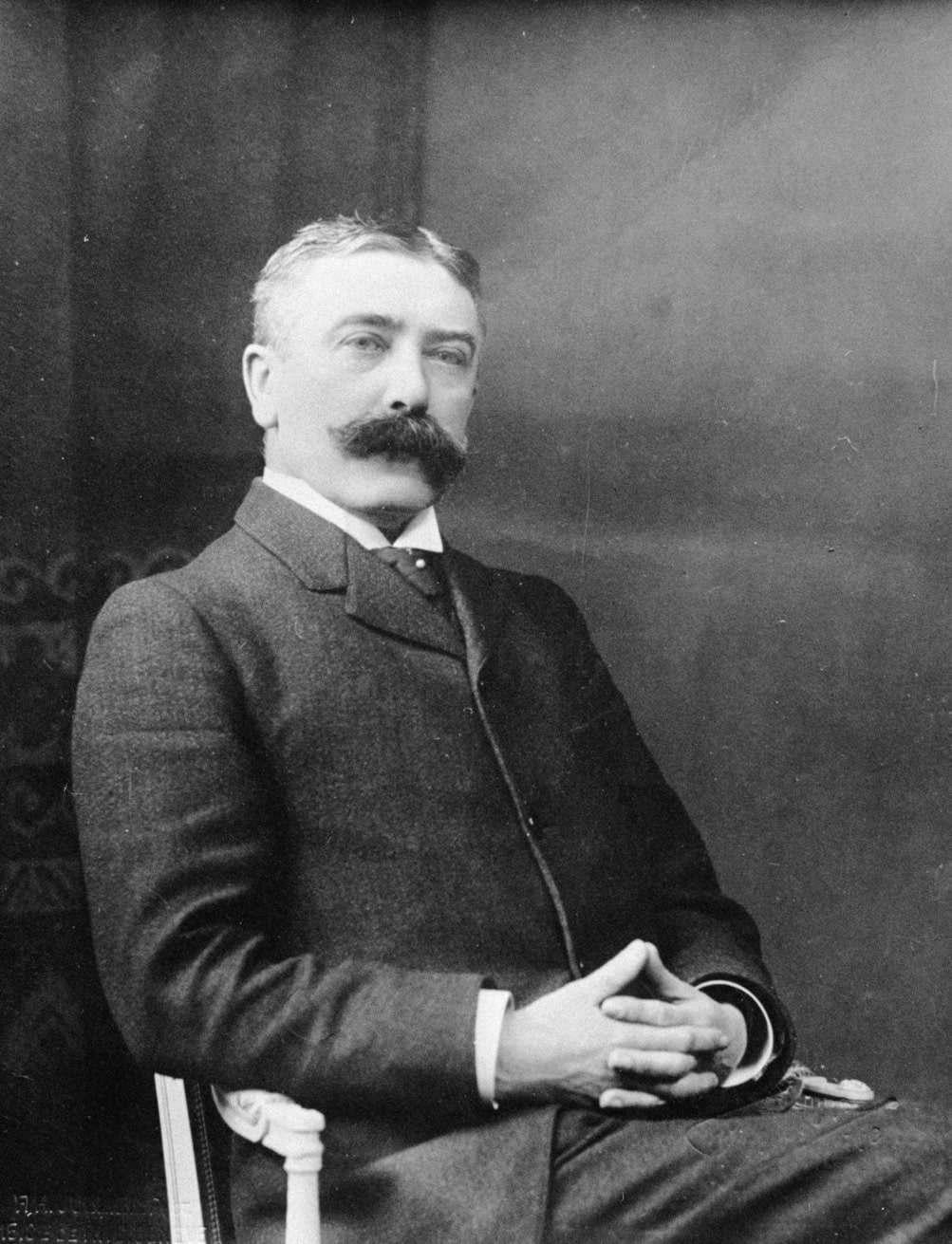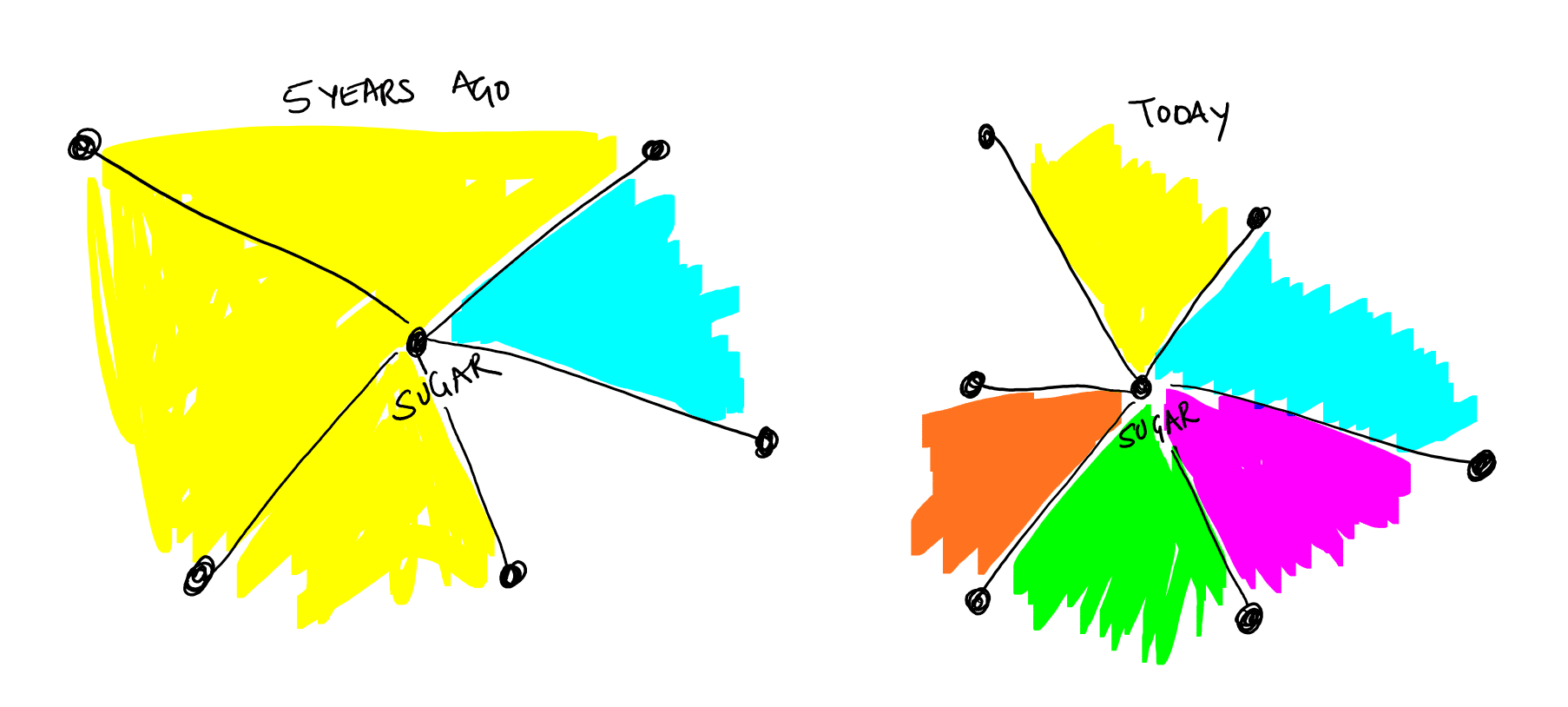More than a century ago, the Swiss linguist Ferdinand De Saussure made some critical observations that still to this day hold great significance in the context of modern day research.
Saussure noted that we live in a world of linguistic relativism, not realism.

That is, nothing is real in and of itself. Nothing has meaning in and of itself. Everything has meaning in a context, and relative to other things going on around it. The moment the context and the surrounding ideas change, the thing and what it means also changes.
The reason why this is so significant a finding is that one of the most common mistakes researchers make when studying ideas, trends, objects, and issues in culture is to assume that the thing they are studying has a fixed and unshakable essence. That is, it has meaning in and of itself – by virtue of just being a thing.
Take sugar as an example.
It is seen as a thing in and of itself and is commonly assumed to have a fixed meaning behind it. It sweetens things. It tastes a certain way. It is unhealthy in large quantities, etc.
What most researchers do not realize is that what sugar means in culture is actually a moving target, more so than one might imagine. This is because the contexts it gets placed into, as well as the culture around it, are constantly evolving.
In fact, sugar was on a downward trajectory for a good five or six years – assumed to be responsible for all ills in the modern world. In the last two years, this has started to change. Why? The surrounding context is changing.
- There’s a greater conversation about moderation.
- There’s discussion of different forms and types of sugars and the health benefits they can bring with them (e.g. honey).
- There’s narratives around the impact of the right amount of sugar on our mental well-being and joy.
- New innovations in the area of fermented sugars are opening doors to new applications that reduce the negative health impacts of traditional sugars.
- And so on…
Because the context and meanings around sugar are evolving, so is the purpose and meaning of sugar itself.

Sugar does not have an unshakable essence or fixed meaning in culture. Sugar isn’t one real thing. It’s existence is relative to the things it is surrounded by.
That is what I mean by relativism. Why linguistic relativism? Well, words and language is the easiest and most effective way for us to understand the context and meanings sugar is surrounded by. That is why the idea of linguistic relativism is so powerful. Which is also why we practice it with big data, at MotivBase.
